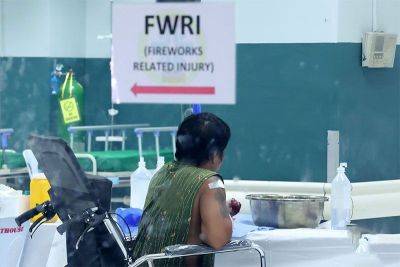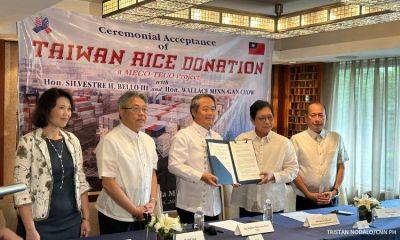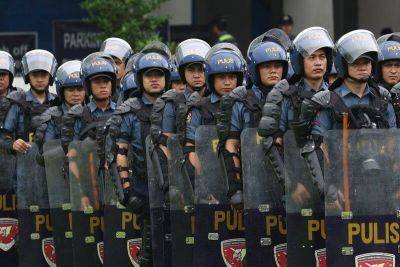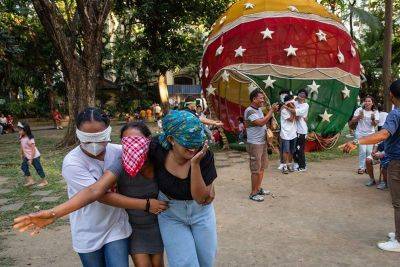Over 190,000 flu-like illnesses recorded
MANILA, Philippines — Over 190,000 cases of influenza-like illness (ILI) have been recorded nationwide, the Department of Health (DOH) reported.
Based on the latest Disease Surveillance Report of the DOH, there were 193,148 influenza or flu-like cases from Jan. 1 to Nov. 25.
The number is 50 percent higher than the 128,386 ILI cases reported during the same period last year.
The top three regions that recorded cases of influenza-like illness are Davao region with 27,411 cases; Northern Mindanao with 24,357, and Central Visayas with 23,470.
Meanwhile, the regions that recorded the highest increase in cases when compared to last year are Zamboanga peninsula with a 295 percent increase from 2,304 cases to 9,107, National Capital Region with a 116 percent increase from 5,359 cases to 11,570, and Cordillera Administrative Region with a 98 percent increase from 4,682 cases to 9,256.
The data from the DOH’s Epidemiology Bureau also showed a decrease in deaths caused by ILI from 485 (0.38 percent case fatality rate or CFR) in 2022 to 271 this year – a CFR of 0.14 percent.
The regions with the most number of deaths are Davao with 103, Central Visayas with 45 and Caraga with 34.
ILI is defined as a medical diagnosis of possible influenza or other illness causing a set of common symptoms, which include fever, shivering, chills, dry cough, loss of appetite, body aches and nausea, sneezing typically in connection with a sudden onset of illness.
DOH advised those experiencing COVID-19 symptoms to undergo antigen tests and not RT-PCR.
“Reminders to everyone if you get symptoms, we recommend the antigen testing as we no longer recommend the RT-PCR because that’s too complicated,” said Health Secretary Ted Herbosa in a recent televised interview.
He noted, “My recommendation is to isolate for about five days and probably have a rapid antigen test days later and if positive, continue to wear a mask even beyond five days even if you have required intermingling with other people.”
The DOH chief stressed “continue to wear face masks because you can still have the virus even after 10 days.”
RT-PCR is considered the current gold standard to confirm a SARS-CoV-2 infection while antigen







